
Hypertension
Advertisement
An EMR model can enhance postpartum heart screening in women with hypertensive disorders of pregnancy.
When doctors and their patients share common language in the relationship it can decrease the risk of CVD and death.
Researchers aimed to determine whether a two-pill antihypertensive strategy is effective at controlling hypertension.
Supine blood pressure is correlated with a higher risk of adverse CVD risk.
An electrocardiography (ECG)–based artificial intelligence risk estimator can predict the development of hypertension.
Older adults diagnosed with hypertension can alleviate lung function impairments and mechanics with an active lifestyle.
Practical strategies are needed in health centers to ensure patients with ATTRv receive optimal care.
Commonly used arm positions with a person's arm at their side or on their lap result in a significant overestimation of BP.
A single-pill combination of four BP-lowering medications is more effective than a combination of three therapies.
Long-term and short-term risk should be assessed when considering when to start hypertension medication.
A study found an independent relationship between hypertension and osteoporosis.
Women with perinatal depression are more likely to develop cardiovascular disease.
The number of individuals suffering from chronic hypertension during pregnancy doubled between 2008 and 2021.
Children with high blood pressure are more likely to develop serious heart conditions, including stroke and heart attack.
Dr. Townsend discusses hypertension and how not adhering to medications is the biggest issue for patients.
People with heart disease could benefit from a low-sodium diet but, on average, consume twice the recommended amount of salt.
People who sleep fewer than 7 hours per night have an increased risk of developing high blood pressure over time.
Young adults have a higher risk of developing stroke from nontraditional risk factors such as migraine.
Dr. Bob Walker discusses high blood pressure in the context of severe COVID-19 infection.
Black women who develop high blood pressure before the age of 35 may have triple the risk of stroke.
Advertisement



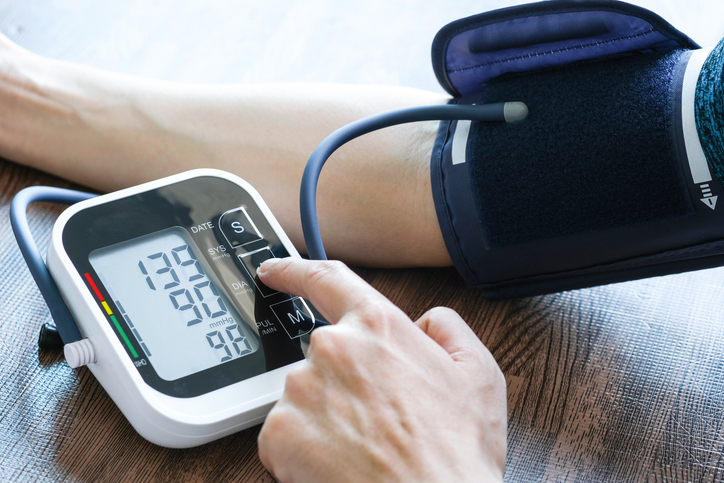



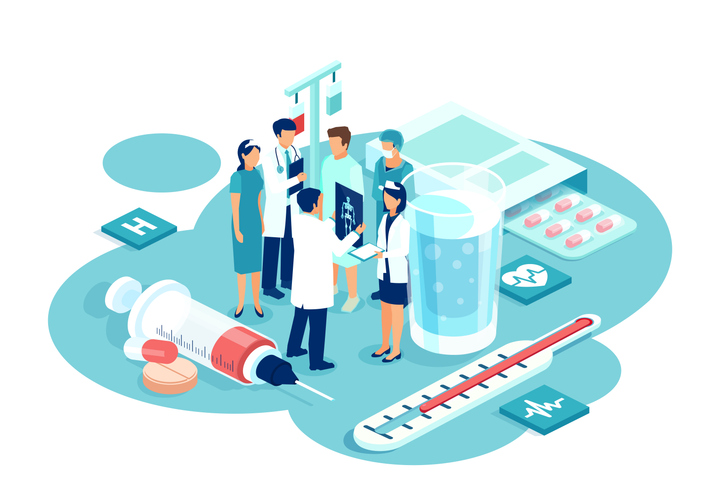

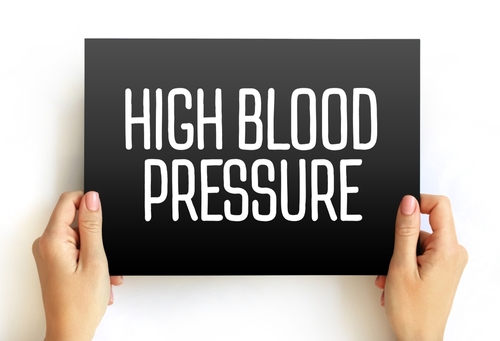

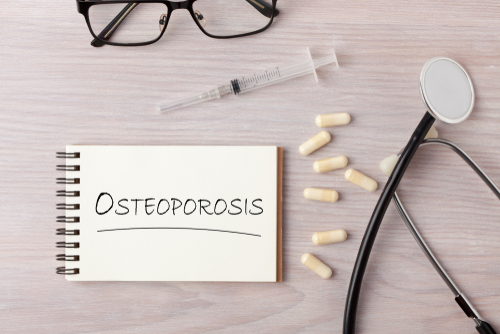


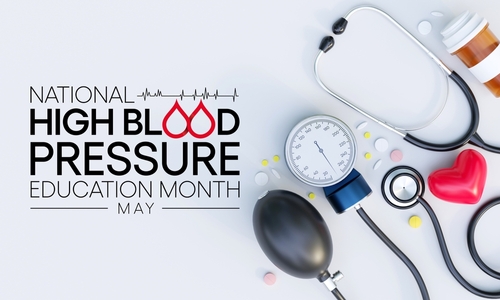
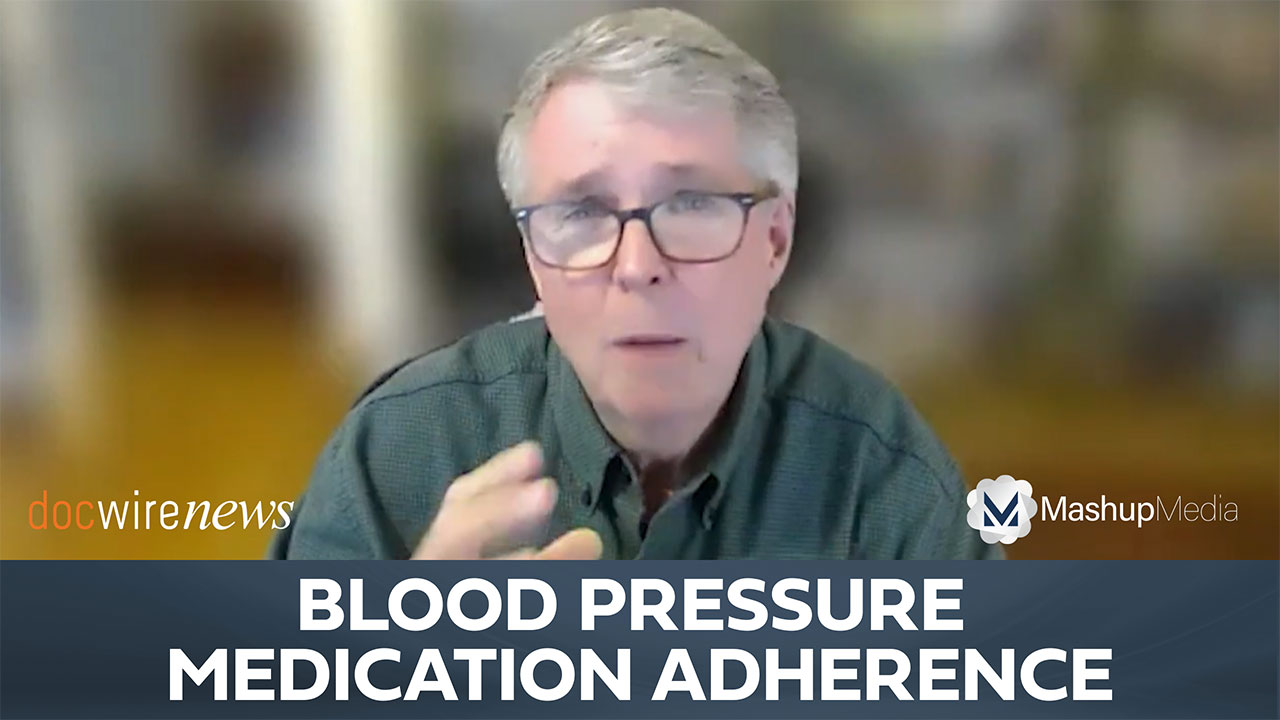



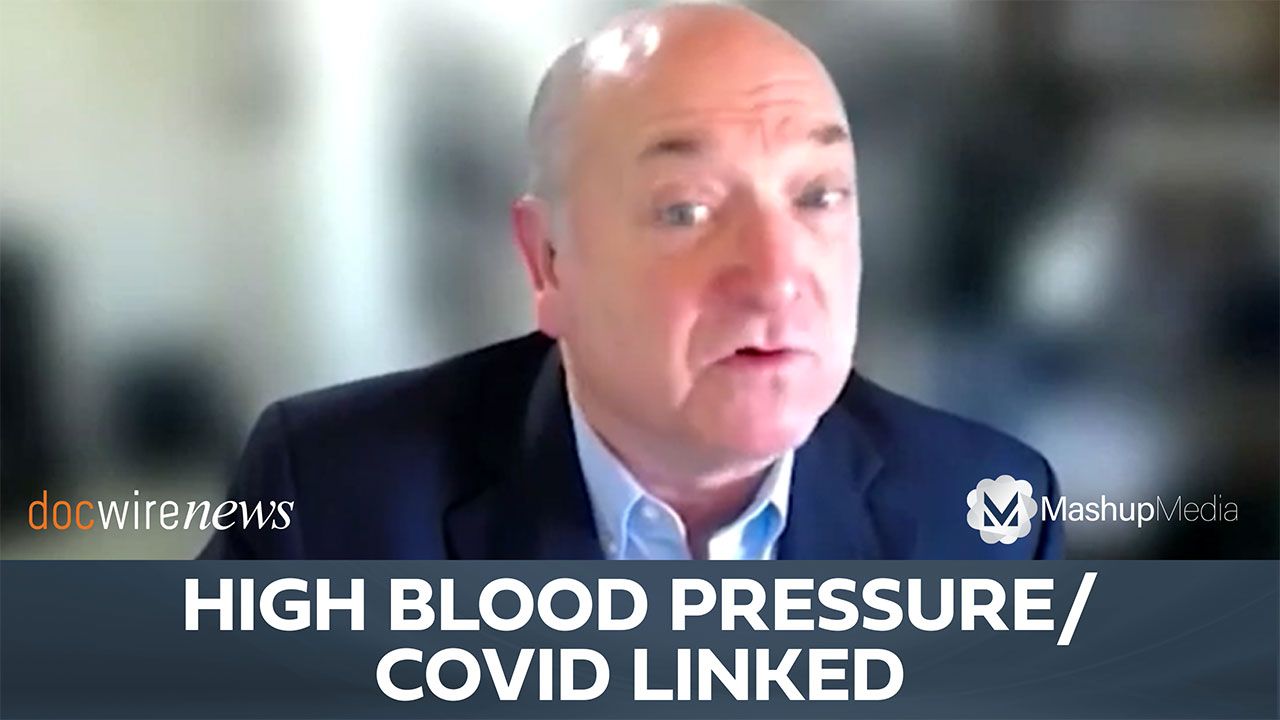


 © 2025 Mashup Media, LLC, a Formedics Property. All Rights Reserved.
© 2025 Mashup Media, LLC, a Formedics Property. All Rights Reserved.